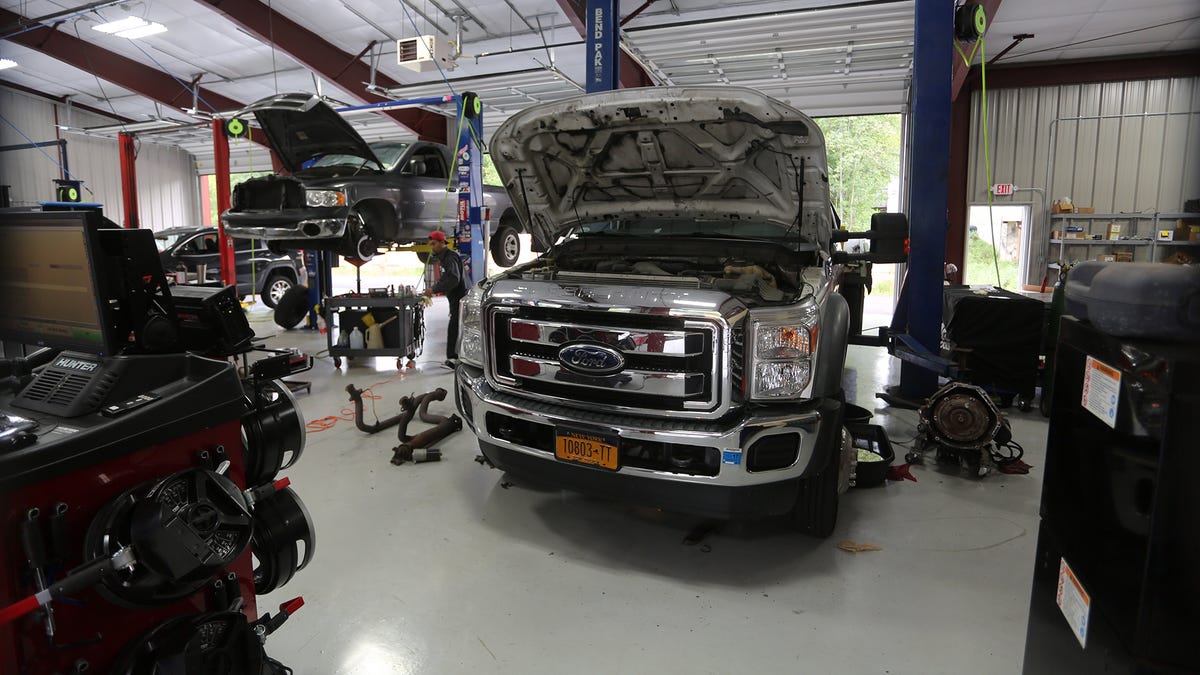Modders, rejoice: It's legal to tweak your car's software now
The DMCA exemptions were announced in 2015, but they took a whole year to go into effect.

Last year, the Librarian of Congress announced that tinkering with car software would no longer result in a violation of the Digital Millennium Copyright Act (DMCA). This exemption would take a year to kick in, and now, one year later, it's time to start fiddling with those 1s and 0s.
Folks can now mess around with their vehicles' software for "good faith security research" and "lawful modification" without running afoul of the law. The exemption was granted as part of a series of proposals that the Librarian of Congress revisits every three years.
While the industry views the DMCA as a method of keeping safe control over the mountains of code buried in modern vehicles, tinkerers of many flavors were concerned that the cars they owned were still partially "owned" by the manufacturer. This made your average aftermarket ECU tune illegal, as it modified the manufacturer's code in pursuit of more power or efficiency.
It also presented a tricky legal situation for hackers who look to find vulnerabilities in the software, many of which are then reported to the automakers themselves to increase safety.
With the exemption in place, researchers can report bugs to automakers without fear of being sued, and tuners can still sell ECU reflashes without the same concern. It should also make repair less of a concern. Last year, John Deere claimed ownership of the software inside its tractors, arguing farmers weren't allowed to repair the tractors themselves.
The only thing that stinks about this exemption is that it must return to review in another two years -- remember, a whole year has passed since the exemption was initially granted. So this "free pass" of sorts only really exists for two years, at which point it's up to the Librarian of Congress whether or not the exemption will continue.
(Hat tip to iFixit!)

